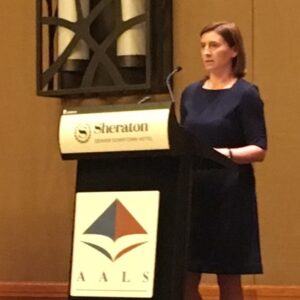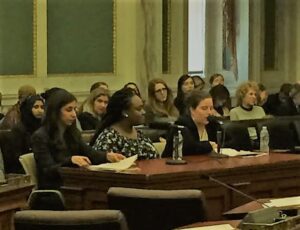2,615: that’s how many Philadelphia children show elevated lead levels (and even that may be an undercount, since Philly uses a less stringent measure than that used by other cities and the CDC). That puts us far ahead of Flint, Michigan, in terms of the number of children at risk of serious health problems.
In an op-ed last spring, Justice Lab students Liz Torres, Tony Sierzega, and Chris Lin summarized their research on lead poisoning in Philly, conducted in partnership with Community Legal Services. The students offered four common-sense recommendations for action.
Now, City Councilwoman Blondell Reynolds Brown has introduced a package of bills that would implement several of those recommendations — including an expansion of lead-safe requirements to rental apartments generally, not just those housing children age six or younger. Councilwoman Brown is in search of co-sponsors. And we’re excited about the possibility that the students’ work will help produce real results for Philly’s kids.




